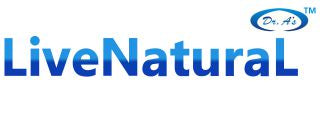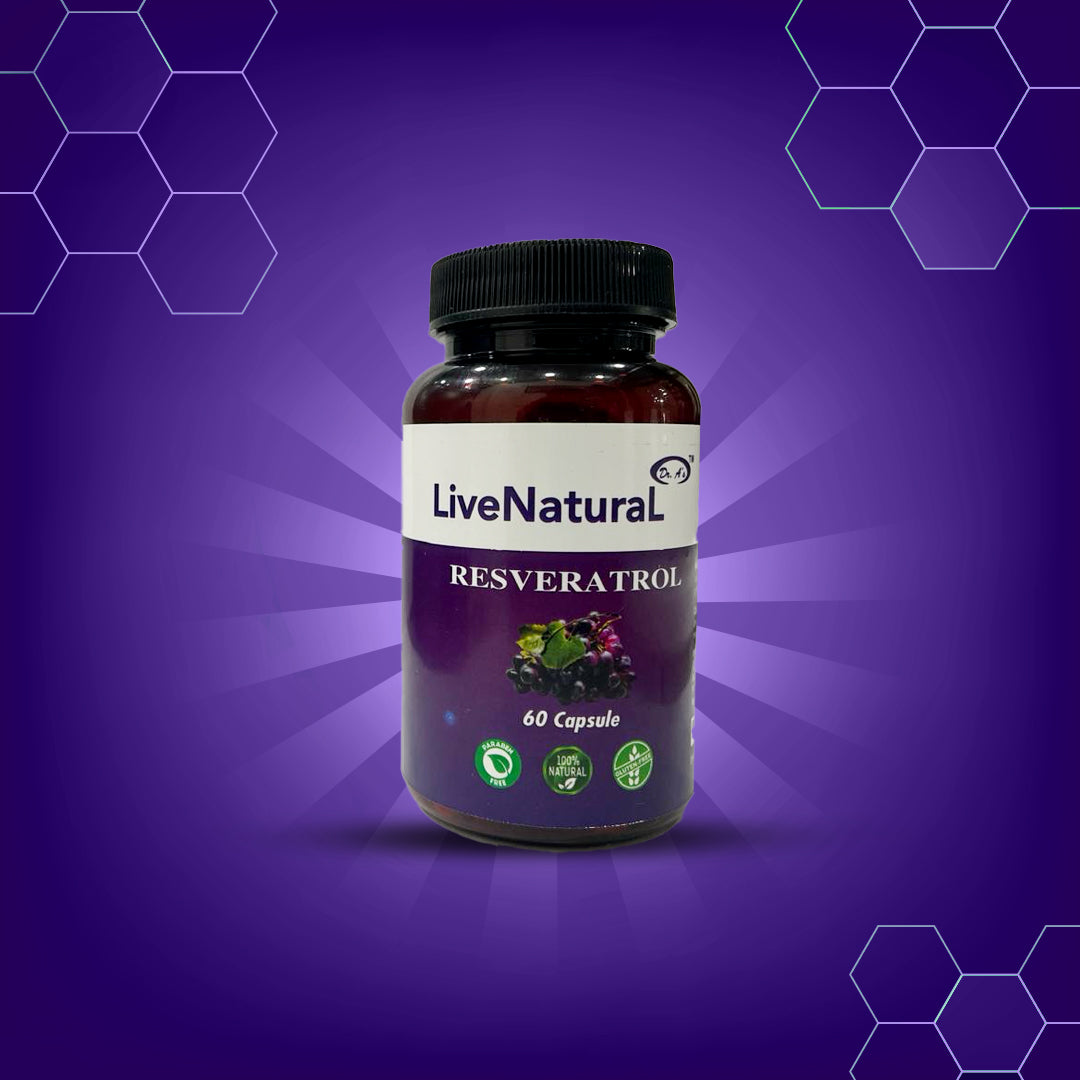Description
Resveratrol, a powerful antioxidant found primarily in the skin of red grapes, as well as in berries, peanuts, and some plants, is often touted for its health benefits, including its potential positive effects on hair and skin. Many people take resveratrol supplements for its purported anti-aging and anti-inflammatory properties. Here's a breakdown of how resveratrol might benefit hair and skin:
Hair Benefits of Resveratrol:
-
Promotes Healthy Hair Growth: Resveratrol is believed to help stimulate hair growth due to its antioxidant and anti-inflammatory properties. Antioxidants can combat oxidative stress, a condition that can damage hair follicles and contribute to hair thinning or loss. By reducing oxidative stress, resveratrol may encourage stronger, healthier hair growth.
-
Improves Blood Circulation to Scalp: Some studies suggest that resveratrol can improve circulation, which could promote better nutrient delivery to hair follicles, supporting overall scalp health and potentially leading to healthier hair.
-
Fights Hair Loss: Resveratrol may inhibit the production of dihydrotestosterone (DHT), a hormone linked to hair loss, particularly in cases of androgenic alopecia (male and female pattern baldness). While research in this area is still limited, resveratrol's ability to combat oxidative stress may also play a role in preventing hair follicle damage and hair thinning.
-
Supports Scalp Health: Resveratrol's anti-inflammatory effects can help reduce scalp inflammation, which is often associated with dandruff, irritation, or conditions like seborrheic dermatitis. A healthy scalp environment is crucial for optimal hair growth.
Skin Benefits of Resveratrol:
-
Anti-Aging Properties: Resveratrol is a potent antioxidant that neutralizes free radicals, molecules that damage skin cells and accelerate the aging process. By combating oxidative stress, resveratrol helps protect the skin from premature wrinkles, fine lines, and sagging, making it a popular ingredient in anti-aging skincare products.
-
UV Protection: Resveratrol may provide a degree of protection against sun damage. Some studies suggest that it helps protect the skin from UV-induced damage, including sunburn and pigmentation, by inhibiting the inflammatory responses triggered by UV exposure. However, it's important to note that it is not a replacement for sunscreen.
-
Improves Skin Elasticity and Hydration: Resveratrol has been shown to support collagen production, which is crucial for maintaining skin elasticity and firmness. By promoting collagen synthesis, resveratrol may help reduce the appearance of wrinkles and improve skin texture.
-
Anti-Inflammatory: Resveratrol’s anti-inflammatory effects can be beneficial for conditions like acne, rosacea, or psoriasis. By reducing skin inflammation, resveratrol helps soothe irritated skin and may improve conditions characterized by redness or swelling.
-
Brightens Skin Tone: Resveratrol has also been linked to a more even skin tone, as it may help reduce pigmentation and hyperpigmentation caused by sun exposure, age spots, or acne scars. This is likely due to its ability to reduce oxidative stress and promote healthier skin cell turnover.
How to Take Resveratrol for Hair and Skin Health:
Resveratrol is available in various forms, including capsules, tablets, powders, and topical products like creams and serums. While topical applications may be beneficial for targeted skin issues, oral supplements are typically more effective for overall health benefits, including hair and skin.
-
Dosage: Typical resveratrol supplement doses range from 100–500 mg per day, but it’s important to follow the instructions on the product you choose. It’s always advisable to start with a lower dose and gradually increase it if necessary, while monitoring for any side effects.
-
Safety: Resveratrol supplements are generally considered safe, but high doses may cause mild side effects like digestive upset or headaches in some individuals. If you’re pregnant, breastfeeding, or taking medications, particularly blood thinners (since resveratrol may have mild anticoagulant effects), it’s best to consult with a healthcare provider before starting supplementation.
Ingredients
- Resveratrol: 200 mg
FAQ's
Gene Therapy Result







